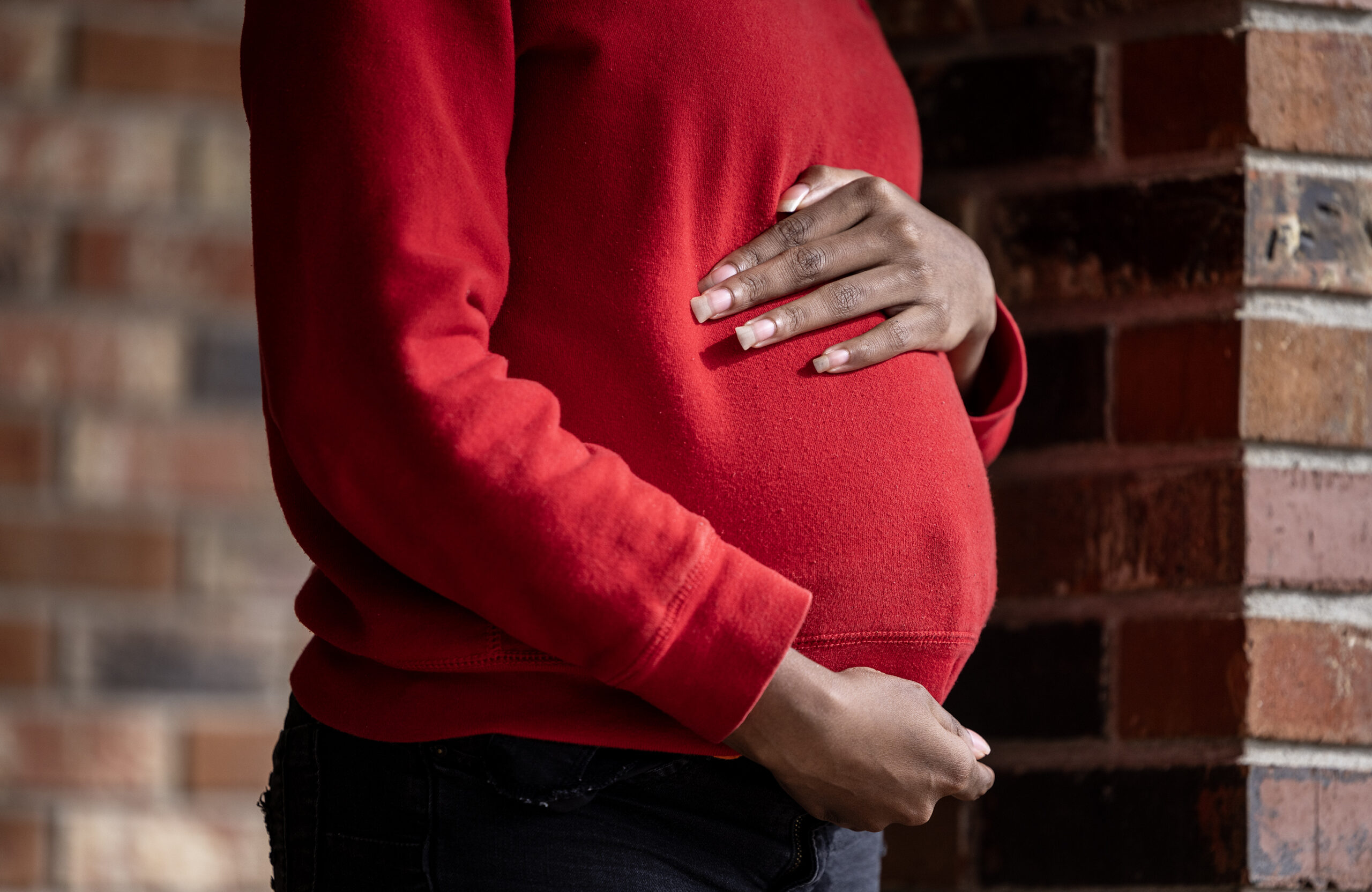
Lawmakers will file another bill this session to help low-income pregnant women get into the doctor earlier – after the federal government rejected the program set up under last year’s law.
The implementation of the program has been delayed for months as a result of the discrepancy between what was written into state law and federal regulations for pregnancy presumptive eligibility.
Rep. Missy McGee, R-Hattiesburg, told Mississippi Today she will file a bill before next week’s deadline.
“It’s a priority to get pregnant women into the doctor as early as possible,” said McGee, who authored last year’s bill and chairs the House Medicaid committee. “The goal is the same, the priority for us is the same.”

The problem with the 2024 legislation is that it included a proof of income requirement – meaning patients would need to bring paystubs into the doctor’s office – which the Centers for Medicare and Medicaid Services, the federal agency responsible for approving the state plan, does not allow. Although the law is intended for low-income individuals, the federal government maintains that vocal testimony should suffice.
Federal guidelines state that while the agency may require proof of citizenship or residency, it should not “require verification of the conditions for presumptive eligibility” – which are pregnancy and income.
McGee said she will be taking out the proof of income requirement. The proof of pregnancy requirement is null, she said, since doctors would be able to see pregnancy during the first visit.
The law presumes certain low-income pregnant women as eligible for Medicaid, and allows them to receive treatment right away at no cost to them while their official Medicaid application is pending. This interim coverage only lasts 60 days, at which point the Division of Medicaid will typically have approved or denied their application, according to average application processing times.
The policy will cost roughly $567,000 and could cut down on the number of premature infants who end up in the intensive care unit, where the state might pay up to $1 million caring for a single baby. Mississippi has the nation’s highest rate of preterm birth, which adequate prenatal care has been proven to mitigate.
Advocates argue that the mandatory documentation is just another burden on pregnant women already facing socioeconomic barriers to health care.
Officials with the Mississippi Division of Medicaid said several times throughout the summer and fall that they were in negotiations with the federal government to work out the problem with state law.
Matt Westerfield, spokesperson for the Division of Medicaid, confirmed that the agency could not work out with the federal government the proof of income requirement state lawmakers wrote into the law.
McGee said the easiest solution is to draft new legislation. She is hopeful that the policy will garner the same overwhelming support this year that it had from lawmakers in both chambers last year.
“We do not believe that the changes do any harm to our objective, so we are willing to make these changes,” McGee said. “And really, I think it’s been helpful for the Division of Medicaid to have these in-depth conversations [with CMS] so we have a better idea of what CMS is looking for.”
The House passed the law 117-5 last year, and the Senate passed it 52-4.
The deadline to file bills is Jan. 20. McGee says she hopes to push the bill through the Legislature early on this year – as she did last year. In 2024, it was sent to the governor less than halfway through the session.
Thirteen providers were approved to participate in the policy in 2024, including the University of Mississippi Medical Center – the state’s largest Medicaid provider.
In addition to negotiating with CMS and accepting provider applications, the Division of Medicaid also conducted several provider training sessions throughout the fall.
Westerfield was not able to comment on whether the approved providers would be automatically enrolled in 2025 or whether they would need to reapply. He also declined to comment on whether the implementation process would be streamlined the second time around.
Other than minor changes to income verification, everything in this year’s bill will stay the same as last year.
An expectant mother would need to fall under the following income levels to qualify for presumptive eligibility in 2025:


